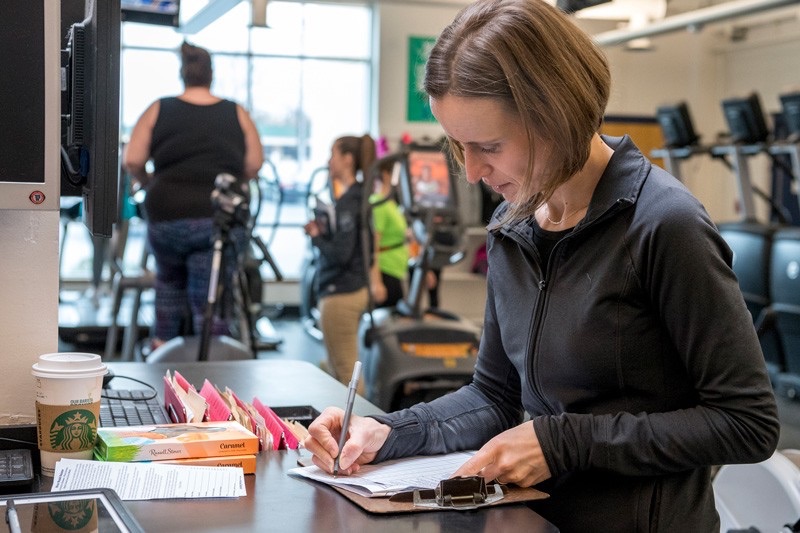Researcher of the Quarter
Dr. Iva Obrusnikova, PhD. from University of Delaware, was granted a pilot study to research the advantages of physical activity (PA) among adults with mild to moderate intellectual disabilities (ID). The study was funded in part by ACCEL, Delaware Clinical and Translational Research (DE-CTR). During the course of the study, Dr. Obrusnikova created a video-enhanced prompting system which focused on improving muscular strength and physical function for adults with ID. This program is called Progressive Resistance Training for EmPOWERment (PRT-POWER). Dr. Obrusnikova found that studies using only progressive resistance training (PRT) did not focus on the promotion of self-determined behaviors, which is a determinant of physical activity (PA) and a possible facilitator of improved quality of life among adults with ID. PRT-POWER was developed using the Wehmeyer’s Self- Determination Theory, which helped participants learn to exercise independently and exert energy on their own.
In collaboration with the Delaware YMCA, ten adults with ID embarked on a thirteen week training plan with Dr. Obrusnikova and her students. It began with a three week familiarization phase in which the students assisted in training the participants. After the familiarization phase was complete, five participants were assigned to the PRT condition and five participants were assigned to the PRT-POWER condition (using block randomization). The PRT-POWER intervention used specially-designed familiarization and technology based instructional strategies intended to facilitate self-determination, while the PRT condition did not. Both groups did the same exercises and kept exercise logs for tracking.
The result was that participants using PRT-POWER program had significant gains in 1RM strength, both on the leg press and chest press. Additionally, they had an improved perception of themselves. Participants using the PRT only program were not as successful. Early findings suggest that the PRT-POWER program has the potential to be effective in promoting dynamic muscle strength and task performance independence, while also enhancing functional exercise capacity among adults with ID who are participating in a community-based setting.
Dr. Obrusnikova commented “ ACCEL really helped to set it all off. I am really glad that they funded the initial stage of the study. It is so hard to get funding at the stage where you are exploring the potentials. ACCEL has been very helpful in this!” Due to the success of this pilot study, Dr. Obrusnikova is applying for a RO1 grant through the NIH this Fall. We wish her all the success in her future endeavors and are thrilled that ACCEL helped launch this important study!
